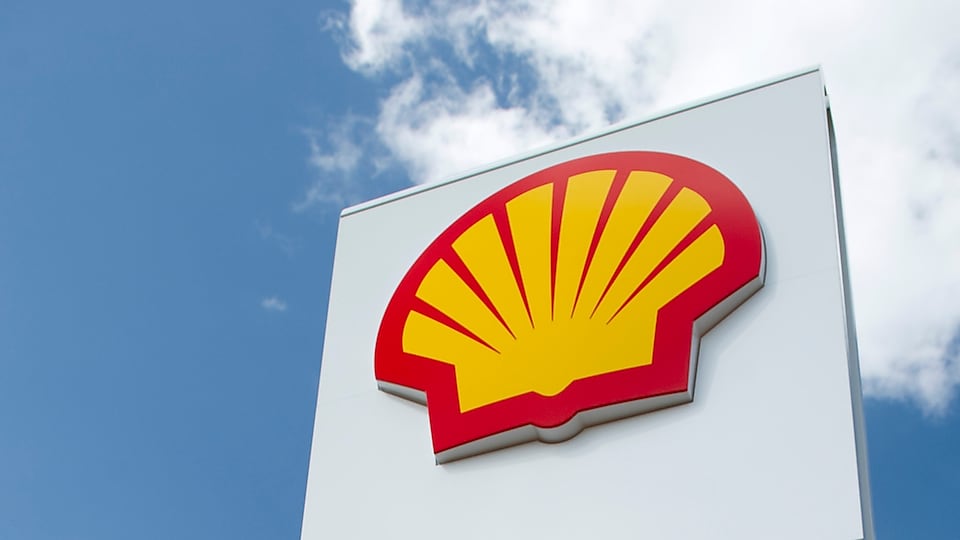Shell and Dawson creek to conserve water in British Columbia
Sep. 07, 2012
New Shell water treatment plant will reduce oil and gas industry’s use of water and provide environmental and economic benefits to the community.
Shell and the City of Dawson Creek today celebrate the opening of the Dawson Creek Reclaimed Water Project. The facility, process and associated infrastructure will virtually eliminate Shell’s need to draw on local fresh water sources for the operation of its Groundbirch natural gas venture in Northeast British Columbia. The multi-million dollar facility will provide a new source of revenue for the City of Dawson Creek as well as additional water for industrial and municipal uses.
The City of Dawson Creek, some 1,191 kilometres northeast of Vancouver, is the centre of British Columbia’s natural gas and oil producing fields. The new treatment facility will help meet the water needs of all users including the people and municipality of the City of Dawson Creek.
With a capacity of 4,000 cubic metres a day, enough water for over 12,000 Canadian households*, the plant will treat sewage waste-water currently released into the Dawson Creek. Waste water is treated to a standard suitable for industrial and municipal uses and the local municipality could use the water for cleaning roads and watering sports fields. Shell will pipe its share of the water from the plant to its natural gas operations some 48 kilometres to the west of Dawson Creek where the company operates the prolific Groundbirch gas field.
“Across all our operations, we strive to work collaboratively with local communities, governments and industries to identify innovative solutions to complex challenges,” says Lorraine Mitchelmore, Shell Canada President and Country Chair. “Through this collaborative partnership with the City of Dawson Creek, we are virtually eliminating the amount of fresh water used for our operations, providing the City with an additional source of revenue and reducing three million kilometres a year in truck traffic from local roads.”
Natural gas has a key role to play in meeting growing global demand for cleaner energy because it emits 50 to 70 per cent less CO2 than coal when used to generate electricity. Because hydraulic fracturing of natural gas wells requires volumes of water, Shell has long been aware of the need to conserve water at Groundbirch. Currently recycling approximately 75 percent of the water it produces, the company’s goal is to minimize and virtually eliminate the amount of fresh water it uses in drilling and completions.
“The use of treated waste water is an excellent step forward by Shell and the City of Dawson Creek to improve resource demands and operations, and is an example of a green project that has already resulted in positive change,” says Minister of Energy and Mines Rich Coleman. “The Government of British Columbia applauds the work and commitment that has resulted in this fine facility which is a model we hope other industry players and local governments will strive to replicate.”
“The new plant demonstrates the value to our community of working collaboratively with industry to find innovative solutions to shared challenges,” says Dawson Creek Mayor, Mike Bernier. “Water is a limited resource and we need to use it carefully and responsibly. This facility allows us to do that.”
In its global operations, Shell considers the world’s water, energy and food systems to be tightly linked: water is needed to extract energy and generate power; energy is needed to treat and transport water; and both water and energy are needed to grow food. Shell strives to conserve water in its operations through the development of new technologies and processes, but also by working with communities to find local solutions to water use, as has happened in Dawson Creek.
“Our partnership with Shell will help us meet the needs of the industries that provide jobs and prosperity to our region and will provide us with an additional source of revenue through selling the water to industrial consumers. The City itself could also use the treated water for parks and sports fields,” says Mayor Bernier.
Shell has built a pipeline of approximately 48-kilometres to transport water from the treatment plant to the Groundbirch area where it will be stored in ponds and later mixed with recycled production water to be used in drilling and well completions. Piping the water to Groundbirch rather than trucking it means a reduction in traffic, noise and dust, which are among the top concerns of local landowners. The pipeline option is expected to eliminate three million kilometres a year in truck trips over the course of full gas field development.
Shell’s Groundbirch venture includes five natural gas processing plants, over 250 wells and a gas-gathering system. The operation is currently producing enough natural gas to meet the needs of approximately 400,000 Canadian homes.
- * Canadians use an average of 329 litres of water each day for household and gardening purposes
- High resolution images and video for media
Enquiries:
For journalists and media inquiries only: Reporters and editors may contact Shell Media Relations at media-desk@shell.com or 1-877-850-5023. Please provide both your email and phone number as some queries will only be answered via email.
More in Media
Media Inquiries
If you are a member of the media, we welcome inquiries related to Shell Canada’s corporate activities. Click to access the submission form.
Archived media releases
